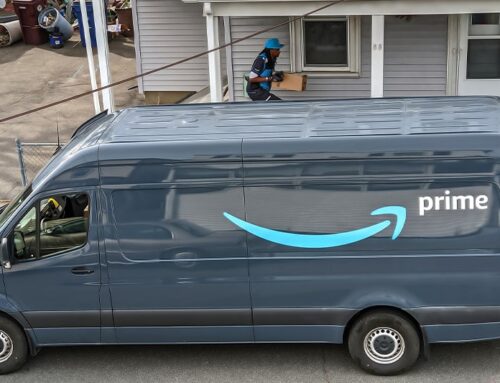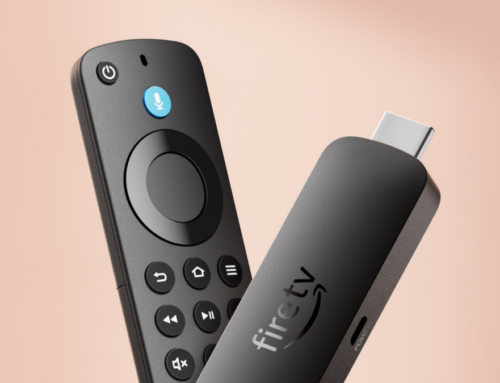Alexa Just Became Less Private—What The March 28 Amazon Changes Mean
March 28, 2025
It has been widely reported that Amazon is making changes to Alexa as the online shopping and cloud technology behemoth prepares to release a new AI update called Alexa Plus. Those changes impact privacy controls and, I’m sorry to have to inform you, have come into force today, March 28. The two privacy controls in question relate to the sending and saving of voice recordings. Sending them to the cloud to be analyzed by Amazon. If you haven’t already opted out of doing this, it’s too now too late. Here’s what you need to know.
Hey Alexa, I Can’t Opt Out Of Sending You My Voice Recordings
Some users of Amazon’s smart assistant, Alexa, received an email in the middle of March warning them that, as of March 28, the “Do Not Send Voice Recordings” feature would be disabled. “This feature allowed compatible Echo devices to process the audio of Alexa requests locally on device,” that email stated; “As we continue to expand Alexa’s capabilities with generative Al features that rely on the processing power of Amazon’s secure cloud, we have decided to no longer support this feature.” And, just like that, it has now gone. Thanks Amazon.
An Amazon spokesperson said: “The Alexa experience is designed to protect our customers’ privacy and keep their data secure, and that’s not changing. We’re focusing on the privacy tools and controls that our customers use most and work well with generative AI experiences that rely on the processing power of Amazon’s secure cloud.” Well, that’s OK then. Or maybe not. While Amazon has said that less than 0.03% of customers used the opt-out feature, it’s something that is likely going to be missed now that it isn’t available. I’ve spoken to several security and privacy experts, and none of them are thrilled about the decision.
What Privacy And Security Experts Are Saying About The Alexa Changes
It all comes down to trust, Paul Bischoff, security and privacy advocate at Comparitech, told me. If you don’t trust Amazon then the removal of the local processing option will likely make you trust it even less. “Amazon says voice recordings uploaded to the cloud are encrypted and then deleted after they’ve been transcribed to text,” Bischoff said, so in theory, there shouldn’t be much of a difference privacy-wise. Processing using AI uses more power than is available to an Echo device, I get that, but as Bischoff said, “I would have liked to see Amazon expand local transcription to more devices, not remove it.” Of course, truly privacy-centric fold would likely not own an Echo or any such smart device anyway.
Erich Kron, security awareness advocate at KnowBe4, agreed when it came to the issue of trust. “Many people already have concerns about the intrusive nature of marketing and advertising, and this is not helping them trust Amazon,” Kron said. Especially given the number of people who post to online forums and social media platforms about their fears of privacy intrusion when a product they have been talking about is served up as an advert online soon after. “For those that are truly privacy conscious,” Kron warned, “this may be the last straw when it comes to keeping these devices in the home.”
“With AI hoovering up more data than ever and the goldfish effect in full swing, it feels like we’re rewinding the clock,” Ray Walsh, a digital privacy expert at Comparitech, added. When it comes to Amazon quietly removing local processing and storage from Alexa, he concluded it feels like “a textbook case of a safeguard being stripped away—without consent, without alternatives, and without compensation for users who object.”
Search
RECENT PRESS RELEASES
Related Post




